Selected Store
Stock 1 piece
Set the delivery location to see products according to your choice.

Selected Store
Stock 1 piece










Classical Literature Books

Philosophy Books




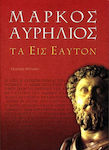
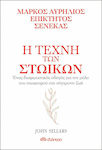
Philosophy Books
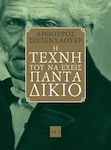
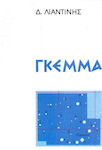

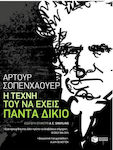

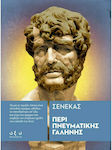
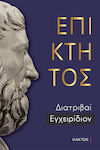
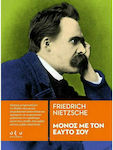


Prices are calculated for:Luxembourg, Other Payment Options
Technical and philosophical treatise in which the laws of rhetoric and the phenomena resulting from them are scientifically developed. Book III: External elements and technique of rhetorical speech. Linguistic expression, rhythm, style. Proper arrangement of speech. Top observations on the history and main characteristics of Greek speech. Aristotle, son of the physician Nicomachus, was born in Stagira in 384 BC. Information about the early years of his life is scarce. At the age of seventeen, he went to Athens to study at the Platonic Academy. He stayed there for twenty years, from 367 to 348 BC, when Plato died. Then Aristotle left for Assos in the Troad and after a three-year stay there, he went to Lesbos and then to Macedonia, where he undertook the education of the royal child Alexander. When his student ascended to the throne, Aristotle settled in Athens and founded his school, the Lyceum. After Alexander's death (323 BC), the philosopher's stay in Athens became difficult. He was forced to take refuge in Chalcis, his mother's homeland, where he died in 322. A universal spirit, Aristotle created a large and valuable body of philosophical and scientific work. Epistemology, logic, theology, physics, biology, psychology, ethics, political philosophy, aesthetics are the main fields of knowledge he researched and studied. Hermippus of Alexandria estimated Aristotle's works at 400. Lists have survived to us that include 143 titles of his works. Diogenes Laertius estimated the number of lines of Aristotelian writings at 440,000. The impact of his work on the formation of global thought was, for centuries, and remains, strong. [Excerpt from publisher or edition presentation text]
Specifications are collected from official manufacturer websites. Please verify the specifications before proceeding with your final purchase. If you notice any problem you can report it here.